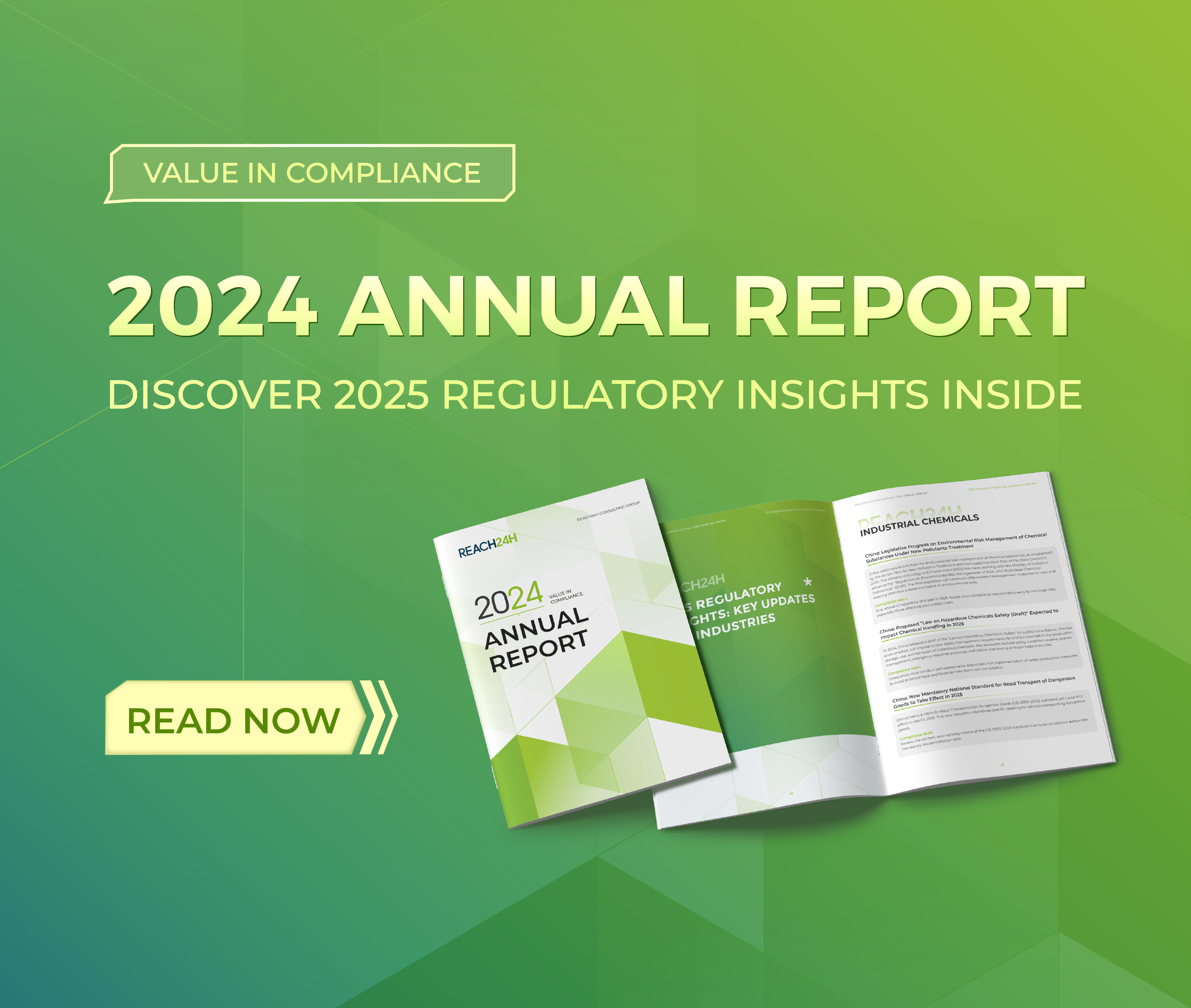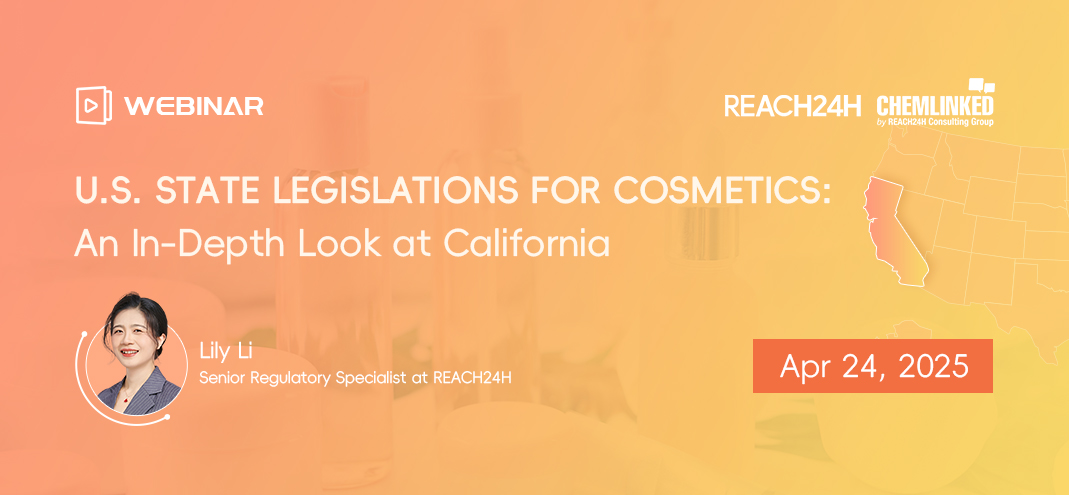Compare SDS writing norms under China GHS, EU CLP and US HCS
Compare SDS writing norms under China GHS, EU CLP and US HCS
GHS Classification Comparison – UN/EU/China/USA
5 New Food Additives are Approved for Use
Overseas Pharmaceutical Manufacturers to Face On-site Inspection
Case Study on China’s Hazardous Chemicals Registration: Emergency Phone Number
August 24, 2012 In the past month following China’s implementation of the revised hazardous chemicals (HC) registration decree (SAWS Order 53 of 2012), many a company registrant was wandering whether they could put a commissioned telephone number for the required emergency consulting obligation. Some received the NRCC reply that this special phone number should not be consigned to “unofficial” chemical research institutes or service agents as it used to be under the 2002 legislative version. Then, what entities are allowed to undertake the emergency consulting service for company registrants? What do the new rules say about it?
Subtle changes made to the policy of emergency phone service for China’s new hazardous chemicals registration are making some registrants confused: How do I arrange my emergency phone service in view of China’s new hazardous chemicals registration?
More Severe Punishment for Non-Compliance of the Revised HC Registration Measures
August 23, 2012 The recently released “Measures for the Administration of Registration of Hazardous Chemicals” (SAWS Order 53) has just come into force in China on Aug 1st, 2012. Besides the attention-grabbing changes in the regulated scope (“Catalogue of hazardous chemicals in China”), legal entity (both manufacturers and importers are included for registration) and registration contents, SAWS will impose more severe punishment on those who do not comply with this newly released Measures.
SAWS to Enforce More Severe Punishment for Non-Compliance of the Revised HC Registration Measures
 This article compares three localized SDS writing rules under China GHS, the EU CLP regulation and the US OSHA HCS.
This article compares three localized SDS writing rules under China GHS, the EU CLP regulation and the US OSHA HCS. In China, seven CRC-MEP drafted national standards on ecotoxicological testing have entered into force since 1st this August.
In China, seven CRC-MEP drafted national standards on ecotoxicological testing have entered into force since 1st this August.
 The opinion draft of on-site inspection for overseas pharmaceutical manufacturers is open for public comments. According to the draft Measures, if failing the inspection, the drug will be blocked outside China until it passes the next on-site inspection.
The opinion draft of on-site inspection for overseas pharmaceutical manufacturers is open for public comments. According to the draft Measures, if failing the inspection, the drug will be blocked outside China until it passes the next on-site inspection.

